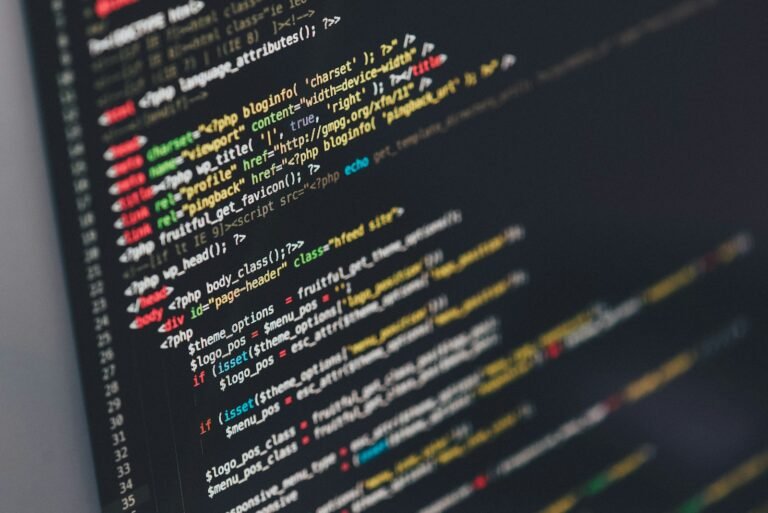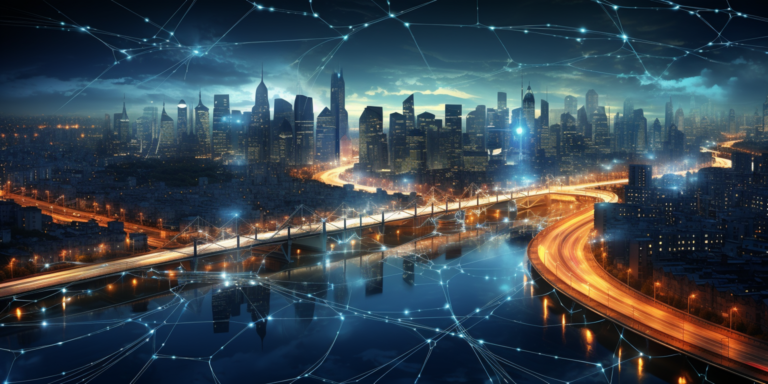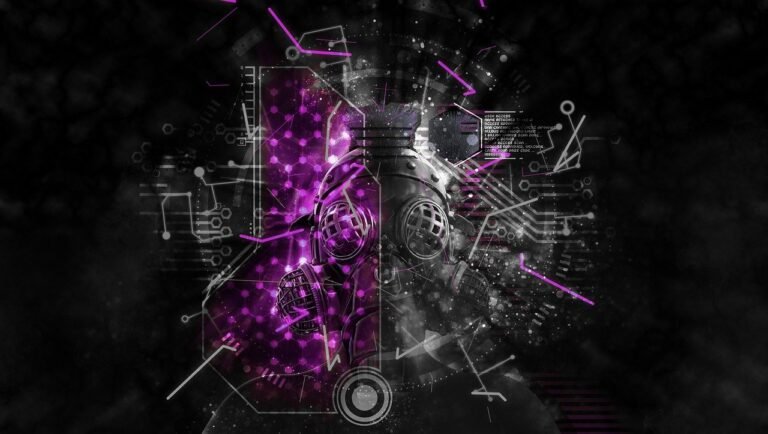Cybersecurity: Why We Need to Work Together to Stay Safe
Cyberattacks are no longer rare or isolated. They’re hitting government systems, power grids, hospitals, and small businesses with growing frequency and precision. The damage isn’t just about lost data—it can shut down services, compromise public safety, or erode trust in institutions. Too many organizations still treat security like a checklist rather than a living, evolving process. When a single flaw—like a misconfigured server or an outdated software patch—is exploited, the fallout can be huge. That’s why we can’t rely on internal teams alone. Real progress happens when outsiders step in with fresh eyes and real expertise.
The truth is, most companies don’t see how vulnerable they really are. A small coding error or a missed update can become a gateway for hackers. That’s where external experts come in. They don’t have the same blind spots or internal habits that can limit a company’s view. The U.S. government’s “Hack the Pentagon” program shows how effective it can be—by inviting outside researchers to find flaws, the Pentagon identified risks before bad actors did. But this only works if organizations create safe, open channels for reporting problems. If people fear retaliation, they won’t speak up. And that means attacks go undetected. When it comes to protecting sensitive data—whether it’s personal records or infrastructure control systems—every layer matters. Strong passwords, encryption, and clear incident response plans aren’t optional. They’re the foundation of real security.
Key Steps for Building Stronger Cyber Defense
- Recognizing vulnerabilities: Flaws in software or systems aren’t just technical—they’re entry points. From bad code to unpatched systems, these weaknesses can be exploited quickly. Regular scans, testing, and audits are not extras—they’re essential.
- Using outside experts: Internal teams often miss risks because of routines, politics, or bias. External specialists bring new thinking and can spot issues that no one else sees. Programs like “Hack the Pentagon” prove that when done right, this can catch threats early.
- Encouraging vulnerability reporting: A company or government must offer safe, anonymous ways for people to report flaws. Without trust, reports won’t come in. Silence means risks stay hidden and grow.
- Protecting data across sectors: Whether it’s a power plant, a hospital, or a public database, every system holds value. Attacks on infrastructure threaten lives. Strong authentication, encryption, and emergency plans are needed everywhere.
In today’s world, no one can defend themselves alone. Real security comes from sharing information, working together, and being willing to admit when we’re not fully secure.








